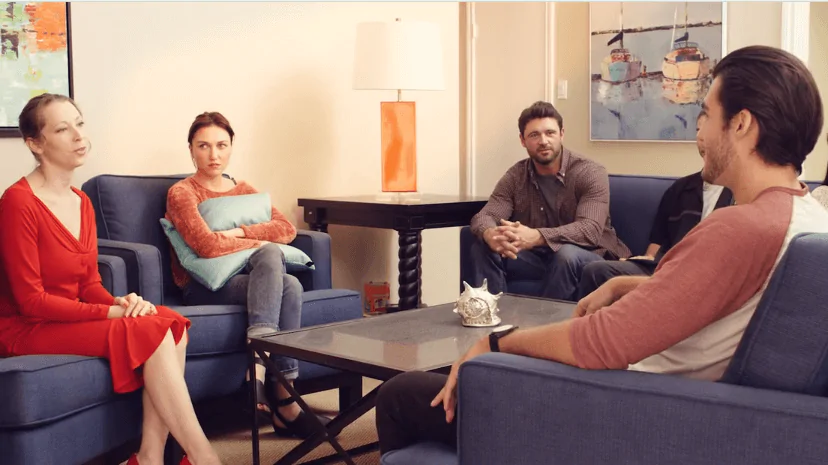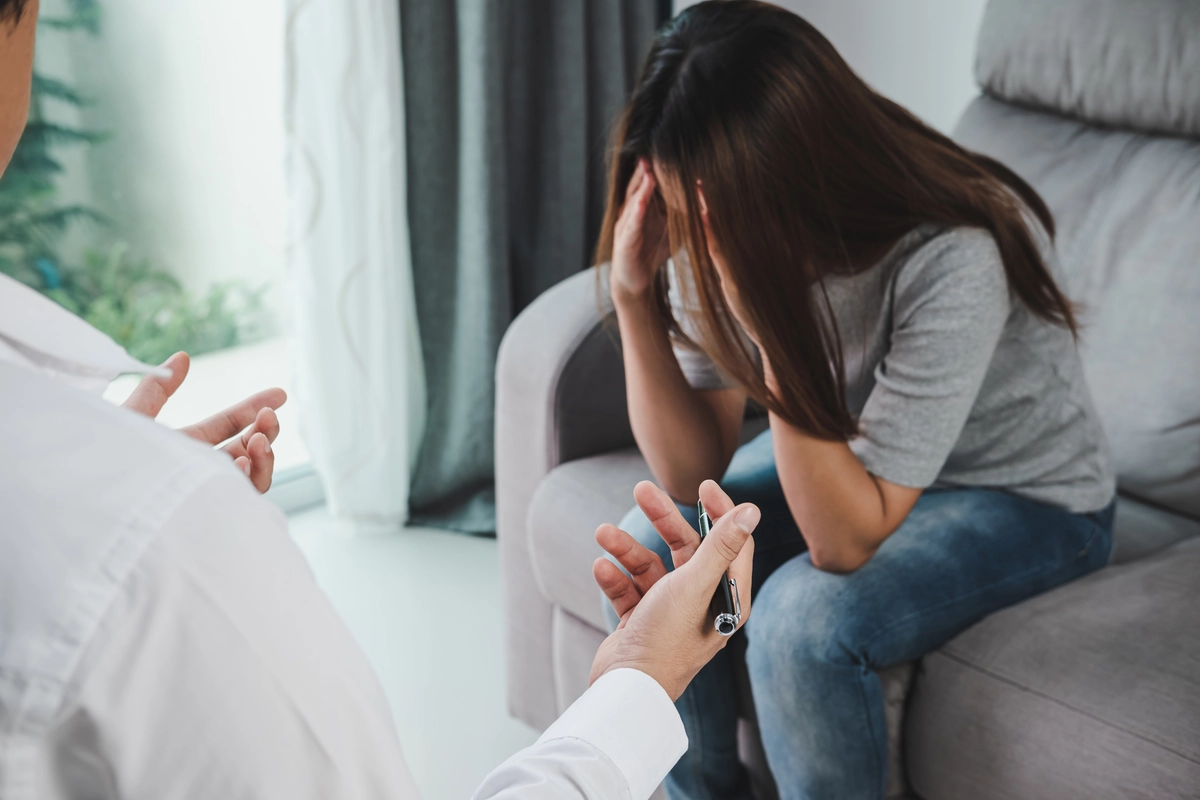24/7 Helpline:
(866) 899-221924/7 Helpline:
(866) 899-2219
Learn more about Depression Treatment centers in Shelby County
Depression Treatment in Other Counties

Other Insurance Options

Multiplan

Molina Healthcare

Aetna

Group Health Incorporated

ComPsych

BHS | Behavioral Health Systems

GEHA

Carleon

MVP Healthcare

State Farm

Highmark
Beacon

MHNNet Behavioral Health

Regence

Magellan Health

Health Choice

Magellan

Excellus

Holman Group

UnitedHealth Group























Excalibur Youth Services
Excalibur Youth Services is a private rehab located in Simpsonville, South Carolina. Excalibur Youth...

































































































